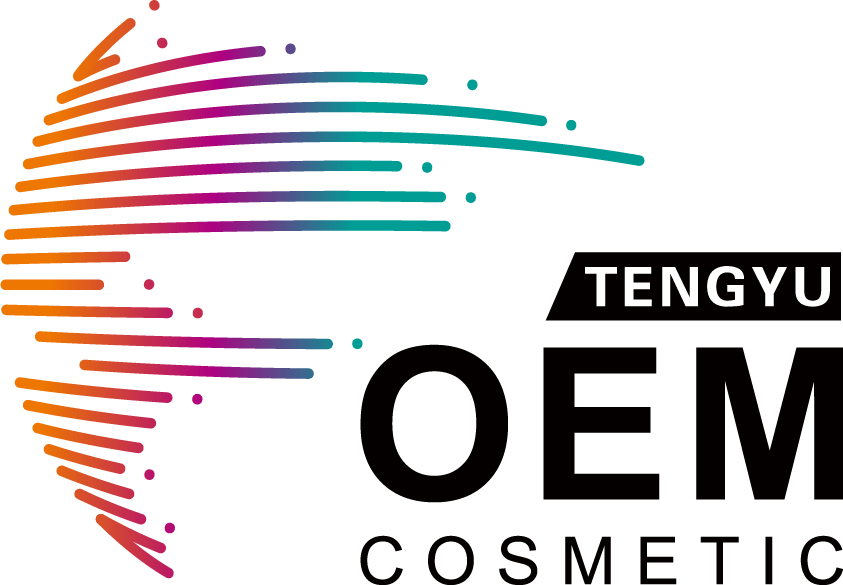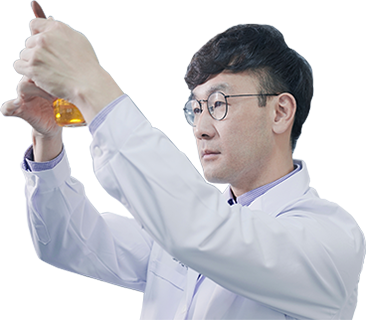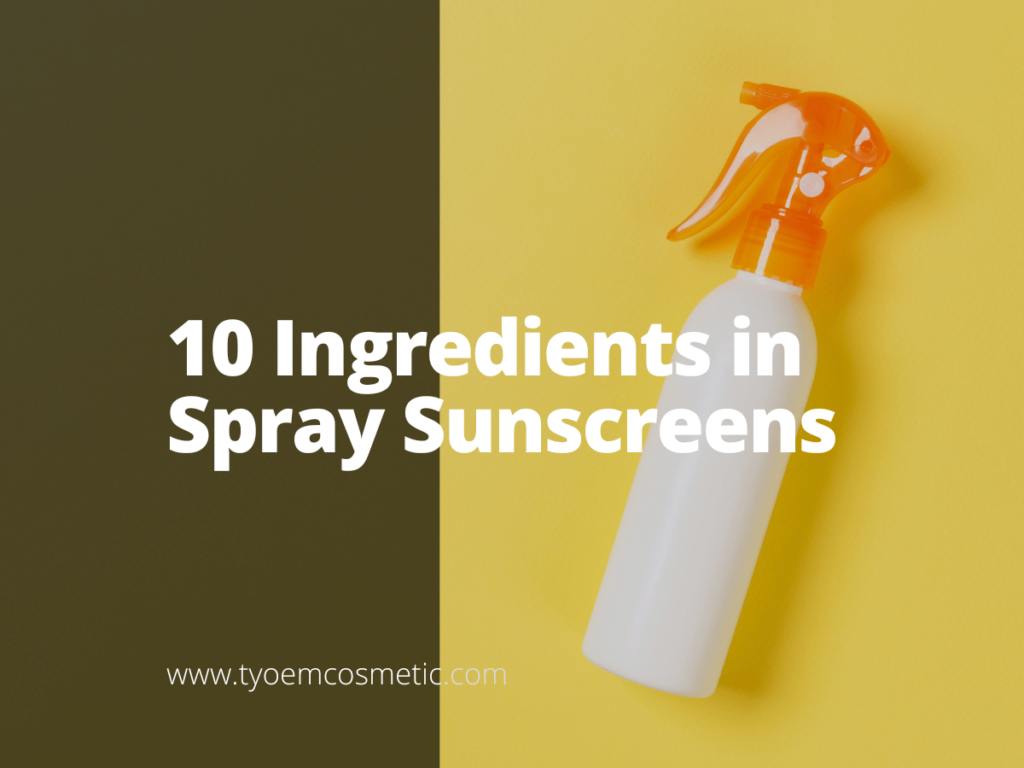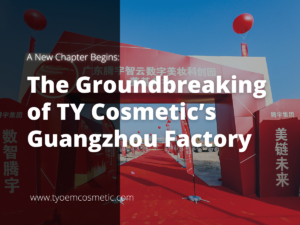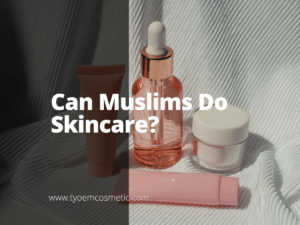Are you leveraging the most effective and safe ingredients in your spray sunscreen products? The growing market of skincare highlights the need for informed ingredient choices, especially for skin protection.
As a seasoned cosmetic and skincare formulation expert, I offer insights grounded in the latest scientific research and industry standards.
Here’s a sneak peek at 2 of the best ingredients of spray sunscreen that we will cover:
- Avobenzone
- Oxybenzone
In this guide, you will discover the 10 ingredients in spray sunscreen, their scientific properties, and the concerns surrounding each featured ingredient, helping you make informed choices for your product formulations.
Read on to unlock the formulation secrets!
1. Avobenzone
Avobenzone is a key ingredient in many sunscreen sprays, valued for its ability to absorb ultraviolet (UV) radiation. It plays a crucial role in protecting skin from the sun’s harmful effects. Here are some key features of avobenzone in sunscreen spray formulations:
- UV Absorption: Avobenzone is effective because it absorbs a wide range of UV rays, specifically UV-A1 rays that penetrate deep into the skin. The best part is avobenzone’s absorption helps prevent skin damage and long-term skin aging.
- Stability Enhancement: In sunscreen formulations, avobenzone is often combined with stabilizers to enhance its effectiveness. Stabilizers help prevent avobenzone from breaking down when exposed to sunlight, maintaining the sunscreen’s protective qualities over time.
- Photoprotection Boost: Integrating avobenzone in sunscreens significantly boosts their photoprotective properties. This ingredient helps to shield the skin from the broader spectrum of sunlight, contributing to overall better sun protection.
- Sunscreen Compatibility: Avobenzone is compatible with other sunscreen agents, which allows formulators to create broad-spectrum sunscreens. This compatibility is crucial for developing products that protect against both UV-A and UV-B rays.
Below is a table displaying the compatibility of Avobenzone with other common sunscreen agents.
| Sunscreen Agent | Compatibility with Avobenzone | Role in Sunscreen | UV Protection |
| Octocrylene | Compatible | Stabilizer | UV-B |
| Zinc Oxide | Compatible | Physical Blocker | UV-A and UV-B |
| Titanium Dioxide | Compatible | Physical Blocker | UV-A and UV-B |
| Octinoxate | Incompatible without stabilizer | Absorber | UV-B |
| Homosalate | Compatible | Absorber | UV-B |
2. Oxybenzone
Oxybenzone is a widely used sunscreen ingredient that absorbs UVB and short UVA rays, effectively protecting the skin from the sun. It is especially valued in sunscreen sprays for its efficiency and broad-spectrum capabilities. Here are the features of oxybenzone in sunscreen sprays:
- Water-Resistant Properties: This ingredient helps maintain sunscreen effectiveness during water exposure, making it ideal for water-resistant formulas. Products with oxybenzone are perfect for swimmers and outdoor sports enthusiasts.
- Compatibility with Formulas: Oxybenzone blends well with other sunscreen agents, creating effective formulations that offer extensive protection. Its versatility makes it a staple in many sunscreen products.
- Enhances Product Longevity: Its stability in sunlight certifies that sunscreen remains effective over time. I recommend prioritizing this kind of stability to meet consumer expectations.
- Cost-Effective Ingredient: Using oxybenzone in formulations can be economically advantageous, as it provides extensive UV protection at a lower cost. This cost-effectiveness allows for more affordable product offerings.
3. Octinoxate
Octinoxate is a popular UV filter used in many sunscreen products for its effectiveness in blocking UVB rays, which are primarily responsible for sunburn. It is especially favored by spray sunscreens for its lightweight feel and strong protective qualities. Here are the unique benefits of octinoxate in sunscreen sprays:
- UVB Protection: Octinoxate is highly effective at absorbing UVB rays, which helps prevent sunburn and reduces the risk of skin cancer. Its strong protective capabilities make it a core ingredient in sun care products.
- Lightweight Feel: Unlike some sunscreen agents, octinoxate has a light texture that doesn’t leave the skin feeling greasy. Consider the potential of incorporating such lightweight formulas into your product line to enhance consumer comfort.
- Enhances SPF: When used in combination with other sunscreen ingredients, octinoxate can enhance the product’s overall SPF rating. For instance, combining octinoxate with zinc oxide can create a powerful barrier, boosting the sunscreen’s effectiveness.
- Stable under Sunlight: Octinoxate remains stable under sunlight, ensuring that the sunscreen’s protective qualities are maintained throughout exposure. I suggest keeping an eye on the latest advancements in octinoxate for your formulations.
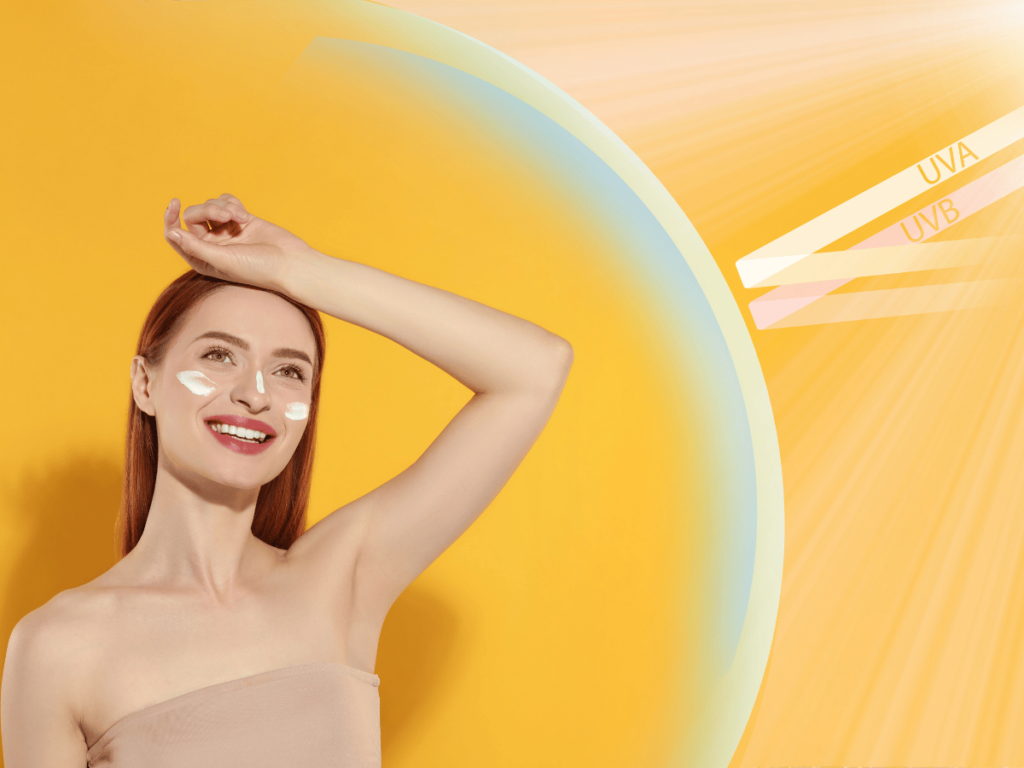
4. Octocrylene
Octocrylene is a common ingredient in sunscreen formulations, known for its ability to absorb both UVB and short UVA rays. It is particularly valued in spray sunscreens for its water-resistant properties and ability to stabilize other sunscreen components. Here are the key benefits of Octocrylene in sunscreen sprays:
- Broad Spectrum Coverage: Octocrylene effectively protects against UVB and short UVA rays, reducing the risk of sunburn and premature skin aging.So what’s my point? This broad spectrum coverage is essential for comprehensive sun protection.
- Stabilizes Formulations: Octocrylene helps stabilize other UV filters, particularly avobenzone, which extends the efficacy of sunscreen. This stabilization is crucial for maintaining protection through sun exposure.
- Enhances Skin Feel: Unlike some sunscreen agents that can feel heavy or greasy, octocrylene contributes to a lighter skin feel. For example, a sunscreen spray containing octocrylene might be favored by athletes who require a non-greasy formula that won’t interfere with active lifestyles.
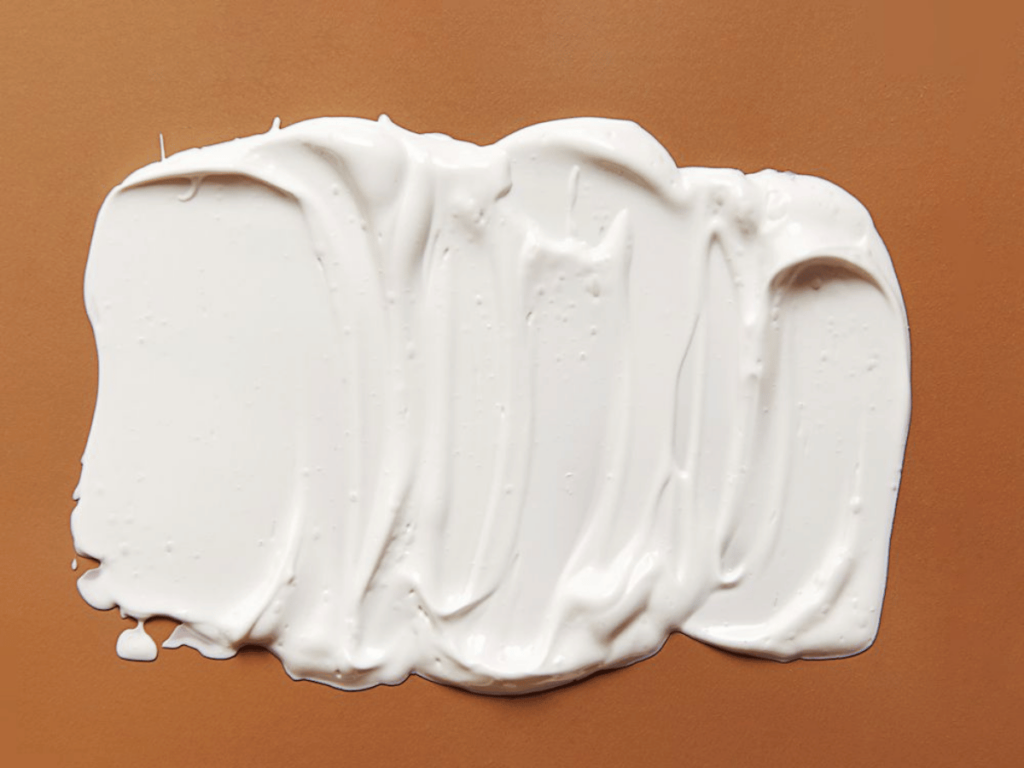
5. Titanium Dioxide
Titanium dioxide is a natural mineral widely used in sunscreen formulations for its effectiveness as a physical blocker of UV rays. This ingredient is preferred in spray sunscreens for its safety profile and its ability to reflect UV light away from the skin. Below are the key benefits of titanium dioxide in sunscreen sprays:
- Physical UV Blocker: Titanium dioxide acts as a physical barrier to the skin, reflecting and scattering UV radiation. This mode of action helps prevent the penetration of harmful rays, protecting against sunburn and long-term skin damage.
- Gentle on Skin: Titanium dioxide is known for its non-irritating and non-allergenic properties, a key ingredient in TY Cosmetic’s product lineup, and is ideal for sensitive skin. It is less likely to cause skin reactions compared to chemical sunscreen ingredients.
- Enhances Product Transparency: Modern micronized titanium dioxide formulations provide transparency on the skin, avoiding the white cast typical of older formulations.You see my point, right?This makes it more aesthetically pleasing for daily use.
- Resistant to Photodegradation: Unlike some chemical UV filters, titanium dioxide does not degrade in the sunlight, maintaining its protective efficacy throughout exposure. This stability is crucial for reliable sun protection.
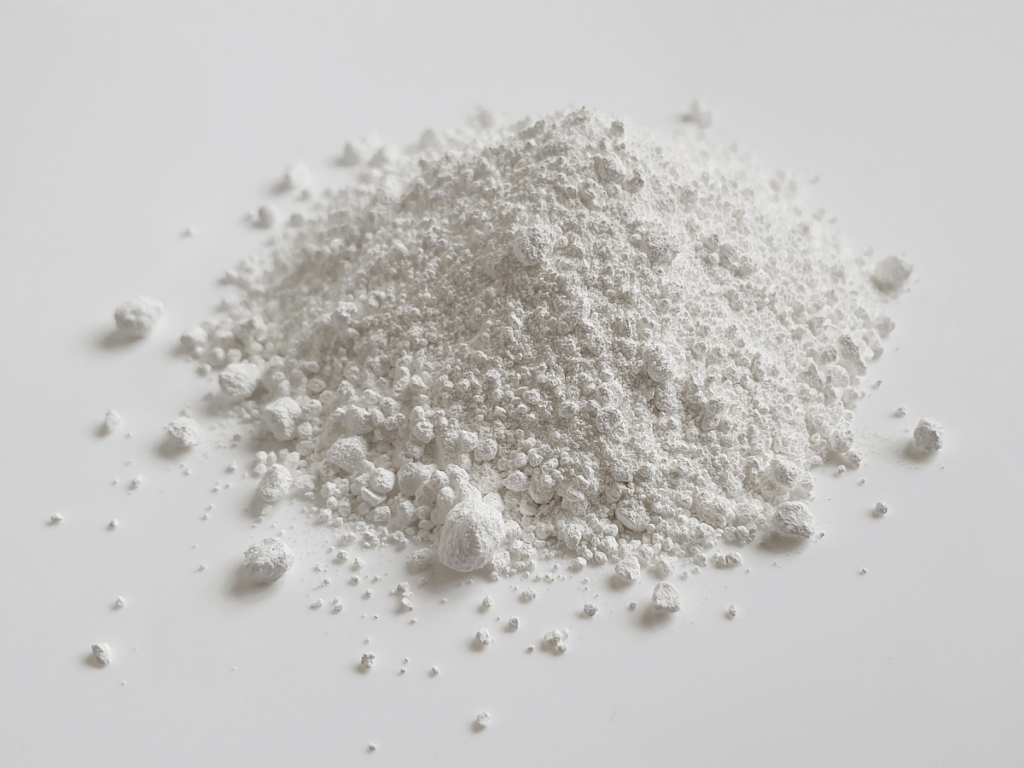
6. Zinc Oxide
Zinc oxide is a mineral-based compound highly regarded for its broad-spectrum sun protection capabilities, blocking both UVA and UVB rays. This is highlighted at The Skincare Edit, that a concentration of 20-25% will surely offer extensive protection. Which makes it favored by sunscreen sprays for its effectiveness and safety for all skin types. Let’s explore the key benefits of zinc oxide in sunscreen sprays:
- Safe for Sensitive Skin: Recognized for its gentle nature, zinc oxide is suitable for people with sensitive skin, including children and those with skin conditions. As a matter of fact, it does not cause irritation or allergic reactions.
- Minimal Environmental Impact: Zinc oxide is a reef-safe UV filter, making it a preferred choice in formulations aimed at reducing environmental impact. This attribute aligns with the growing demand for eco-friendly skincare products.
- Therapeutic Benefits: Beyond sun protection, zinc oxide is known for its soothing and anti-inflammatory properties, which help calm irritated skin and promote healing. This makes it beneficial for sunscreens used for healing or damaged skin.
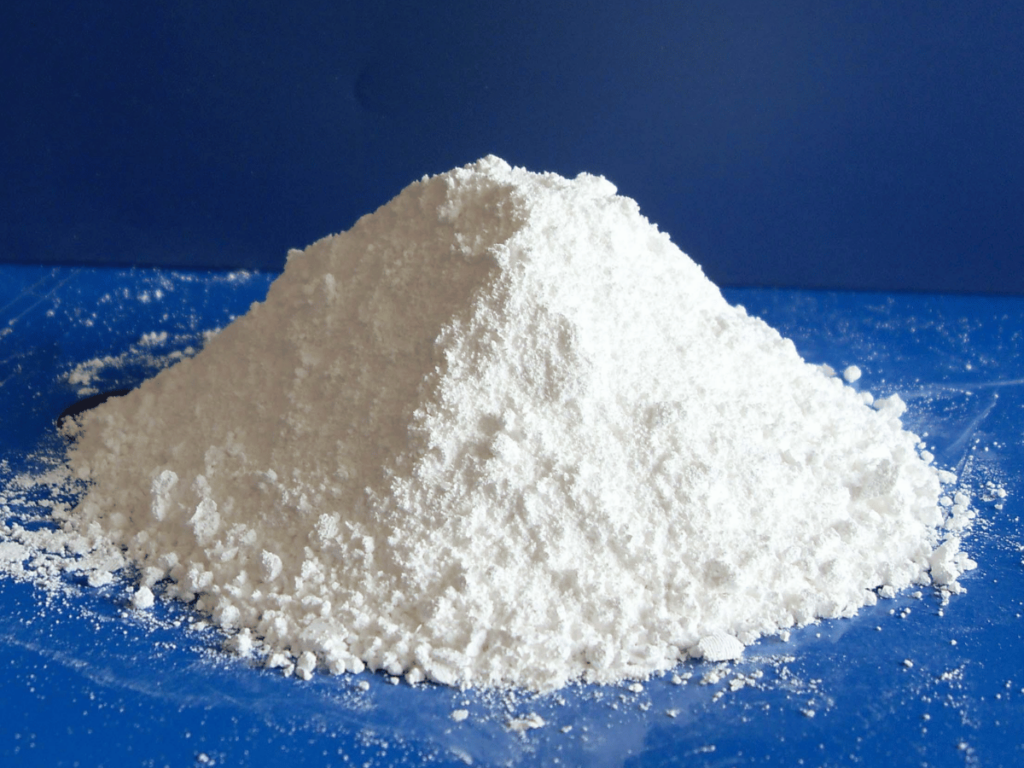
7. Vitamin E (Tocopherol)
Vitamin E, often listed as tocopherol, is a common additive in sunscreen formulations, celebrated for its antioxidant properties. This ingredient not only aids in sun protection but also enhances skin health when included in spray sunscreens. Here are the key benefits of vitamin E in sunscreen sprays:
- Antioxidant Protection: Vitamin E helps neutralize free radicals generated by UV exposure, protecting skin cells from oxidative stress. This antioxidant role is vital for preventing premature aging and maintaining skin health.
- Enhances Skin Repair: Tocopherol supports the skin’s natural repair processes, aiding in the healing of sun-induced damage. Incorporating tocopherol can surely boost your product’s marketability as a restorative skincare option.
- Moisturizing Benefits: Vitamin E is known for its moisturizing properties, which help maintain the skin’s hydration levels even in the presence of drying agents like alcohol in sprays. This makes the sunscreen more comfortable to wear.
- Synergistic Effects of SPF: When combined with SPF ingredients, vitamin E enhances the overall protective effect against UV damage. This synergy makes sunscreen formulations more effective at protecting skin health.
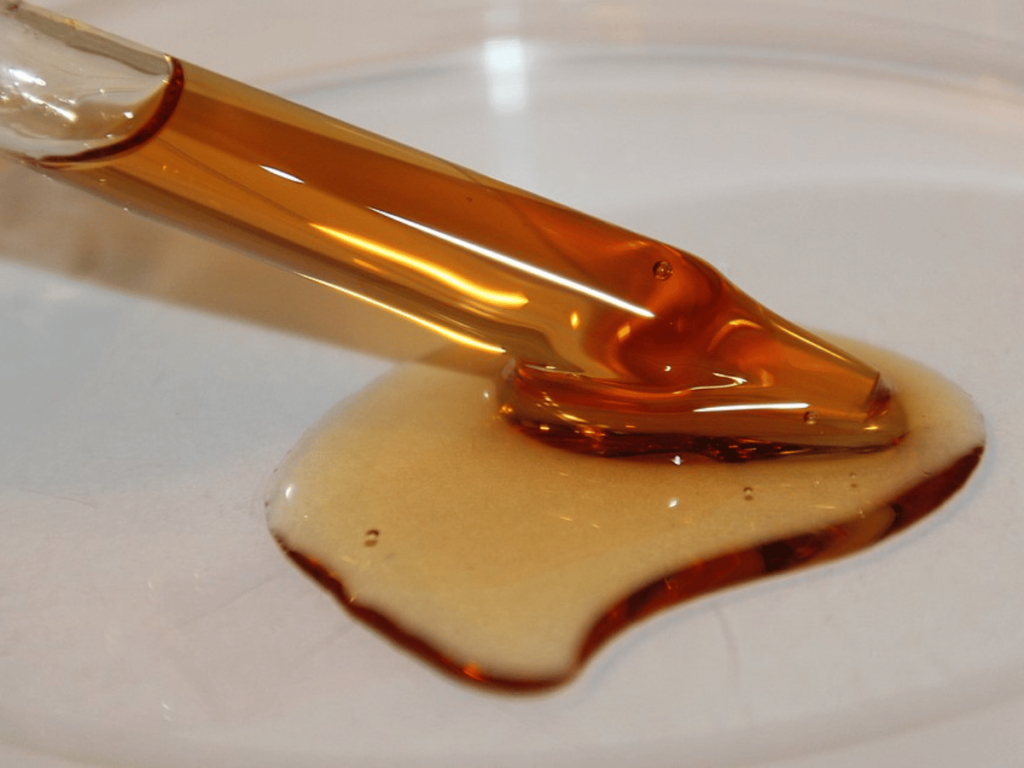
8. Aloe Vera
Aloe vera is renowned for its soothing, healing properties, making it a favorite in skin care and medicinal products. This succulent plant is packed with vitamins, enzymes, minerals, and amino acids beneficial for the skin and body. Here are the key benefits of aloe vera in sunscreen sprays:
- Soothes Skin Irritation: Aloe vera is highly effective at calming irritation and reducing redness, which can result from sun exposure. Its cooling effect is particularly beneficial after prolonged sun exposure.
- Enhances Hydration: Aloe vera provides deep hydration to the skin without leaving a greasy residue. Here’s why that’s important, this hydration is crucial for maintaining skin health, particularly after exposure to the sun.
- Promotes Healing: Containing compounds that support skin healing, aloe vera can help repair minor abrasions or damage from UV exposure. Its inclusion in sunscreen sprays can assist in quicker recovery of skin integrity.
- Improves Product Feel: Adding aloe vera to sunscreen formulations can improve the sensory feel of the product, making it more soothing when applied. This can encourage more frequent application, enhancing overall sun protection.
9. Alcohol
Alcohol is commonly used in sunscreen sprays as a solvent and to improve the feel and quick-drying properties of the product. Despite some concerns about its use, it plays a significant role in the formulation of lightweight and non-greasy sunscreen products. Below are the key benefits of alcohol in sunscreen sprays:
- Quick Drying: Alcohol helps sunscreen sprays evaporate quickly upon application, reducing the time it takes for the product to dry on the skin. This feature is highly appreciated in fast-paced settings where quick sunscreen application is needed.
- Improves Ingredient Solubility: Alcohol acts as an effective solvent, helping dissolve other sunscreen ingredients and ensuring a more uniform distribution when sprayed. This leads to better overall sun protection.
- Antimicrobial Properties: The inclusion of alcohol can provide antimicrobial benefits, reducing the risk of contamination and extending the shelf life of the product. Now, this is especially important in spray formats that are exposed to air.
- Enhances Penetration: Alcohol can enhance the penetration of certain ingredients into the skin, potentially increasing the effectiveness of the UV filters. However, it’s important to balance this with the risk of skin irritation, particularly for sensitive skin types.
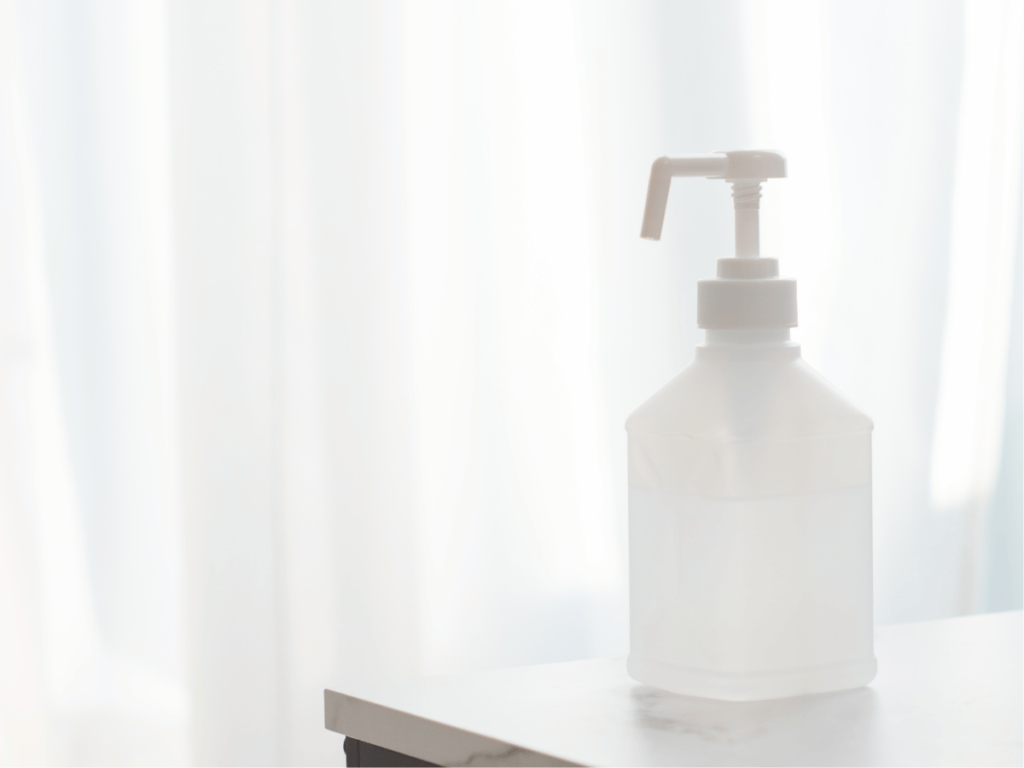
10. Silicones
Silicones are widely utilized in sunscreen sprays for their unique properties that enhance the feel, durability, and application of the product. Their inclusion is particularly valued for creating formulations that are both effective and aesthetically pleasing. Here’s a closer look at how silicones contribute to spray sunscreen formulations:
- Water-Resistant Barrier: When included in sunscreen formulations, silicones form a protective barrier on the skin that is water-resistant. Making sunscreen effective during swimming, is a key selling point you can highlight to attract active lifestyle consumers.
- Non-Comedogenic: Many silicones used in cosmetic formulations, like those provided by TY Cosmetic, are non-comedogenic, meaning they do not clog pores. This makes silicone-based sunscreens suitable for users with acne-prone or sensitive skin.
- Non-Greasy Feel: Beyond functional benefits, silicones improve the sensory qualities of sunscreens, eliminating the greasy feel associated with some products. This enhancement can increase user satisfaction and encourage regular use.
- Long-Lasting Protection: Silicones contribute to the longevity of sunscreen’s protective effect on the skin. Their film-forming properties create a barrier that helps the sunscreen adhere better and last longer, even in challenging conditions.
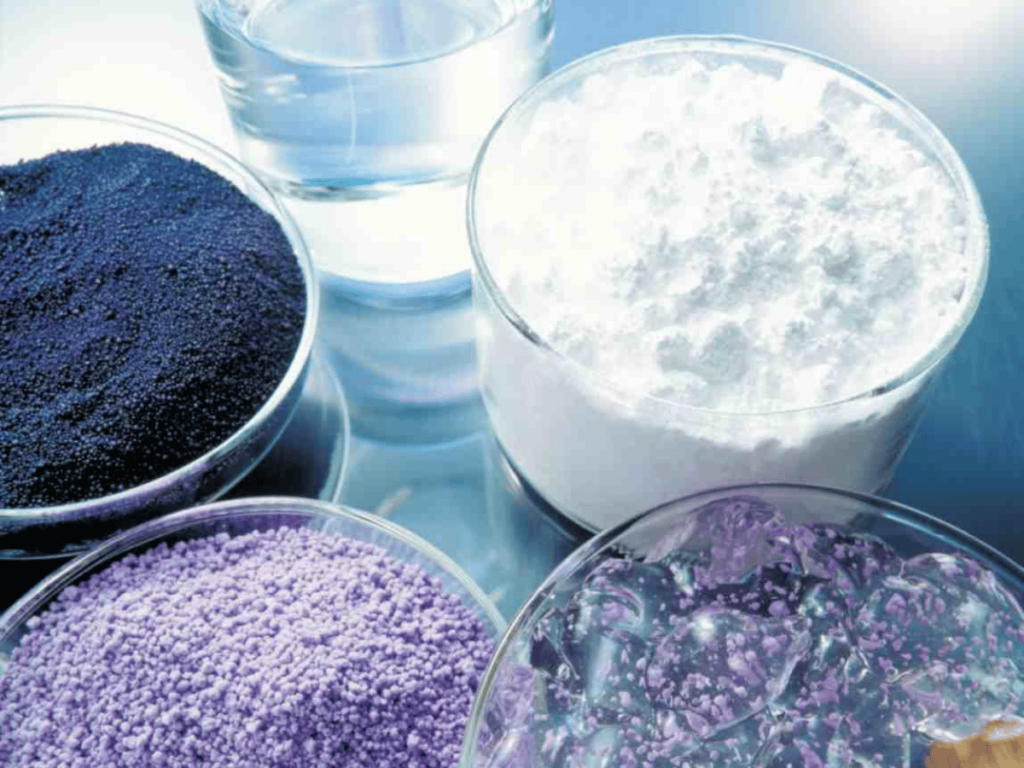
Dive Deeper Into Our Resources
Looking for more diverse service options? Browse through our handpicked selections:
Still haven’t found what you’re looking for? Don’t hesitate to contact us. We’re available around the clock to assist you.
Conclusion
Understanding the diverse ingredients used in spray sunscreens is essential for any skincare brand looking to innovate its product offerings. TY Cosmetic specializes in formulating spray sunscreen with top-quality ingredients that meet a variety of formulation needs. Our commitment certifies that your products match the highest industry standards for safety and efficacy.
This article aims to assist business owners in recognizing the potential enhancements these ingredients can bring to their sun care lines. Incorporating these high-quality ingredients can significantly benefit your product performance. For more details on how we can help your business thrive in the competitive skincare market, feel free to contact us today.
